Old soldiers receive badge of recognition
By Zhao Xu ( China Daily ) Updated: 2013-09-24 09:41:39
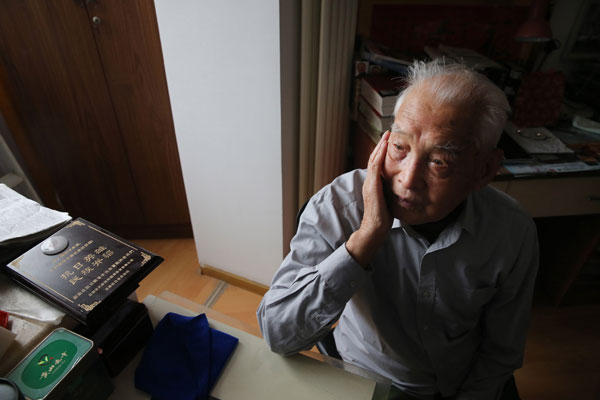 |
|
You Guangcai, 94, lives quietly in a one-room apartment in Beijing. He joined the Kuomintang army in 1938 and fought the Japanese on Chinese soil and in Burma. Photos by Jiang Dong / China Daily |
Public awareness and sympathy are growing for neglected and long-suffering veterans, as Zhao Xu reports.
Mei Qing never really got to know her father until she was 41 and a stranger turned up at her door. The man told Mei that her father, who appeared anything but militaristic, was, in fact, a war hero."I was shocked, or maybe not so shocked at all," said Mei. "All through my life dad has been a mystery. He was as doting and protective as any other loving father, but he had a taciturnity that went beyond character, and an evasiveness that even a small child could sense."
Between 1937 and 1945, Mei's father fought the invading Japanese forces under the flag of the Kuomintang government. However, with the ensuing civil war, which lasted another three years, and the ultimate triumph of the Communist Party of China, the man, who is now in his early 90s, found himself dragged into a political maelstrom.
Over the next 30 years, as a former KMT soldier, Mei's father was stripped of all honors and dogged by the shadow of shame wherever he went.
He drew a curtain between himself and the rest of the world, behind which he wept and agonized.
All this came to an end during that strange visit on a sunny afternoon in 1995. "The man introduced himself as a volunteer from a nonprofit organization that concerned itself with the welfare of KMT veterans of World War II," said Mei. "As dad talked to him, it felt as if a ray of hope, long-trapped in a corner of his heart, was finally able to shine through."
Growing sympathy
During the past 10 years, a steady push toward historical truth has resulted in growing public awareness and increased sympathy for these neglected and long-suffering soldiers. The issue, first raised at grassroots level, has received an increasing amount of attention from the government.
In July, the Ministry of Civil Affairs decided to incorporate all surviving KMT World War II veterans into the country's social welfare network. Before that, they had been denied access to the system.
Sun Chunlong, founding director of the Longyue Charity Foundation, one of the country's leading advocators of improved welfare for KMT veterans of World War II, described the move as symbolic.
"It's not just about the money, although many of them did live in situations that demanded instant change," the 37-year-old said. "If you have ever met any of these men, you'd know that honor is what they truly, desperately crave. Recognition from the country for which they shed their blood in their youthful years - that's what has mattered for their entire lives, however little time they have left."
As a former newspaper reporter, Sun experienced this heartfelt desire for honor at first hand and found it heartbreaking. "During a reporting assignment in Myanmar, I met a KMT veteran, part of a unit that had been sent into the country's uninhabited tropical forests around 1942 to fight the Japanese and sever their supply lines," Sun said. "He was seriously wounded during one battle and was left behind when the troops retreated. He had stayed there ever since."
Deeply touched, the young reporter offered to help the old man to his hometown in China's Guangxi Zhuang autonomous region, but he refused.
"There can't be anyone left in my family, so don't waste your money," he told Sun. "The one thing I still want from this world is a war medal. Could you please let my country know and bring it to me next time you come?"
In the years that followed, as Sun traveled around China, not as a reporter but as a vociferous champion of his newfound calling, he heard the same request many times. On each occasion, it sliced through his heart like a razor.
|
|
|
|
|
|
|
|
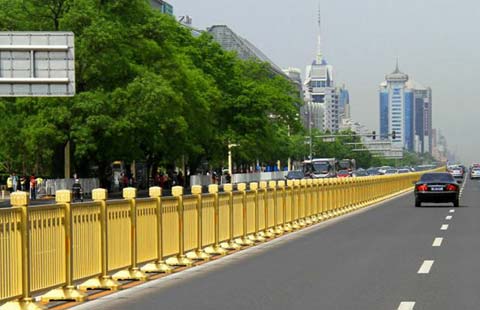
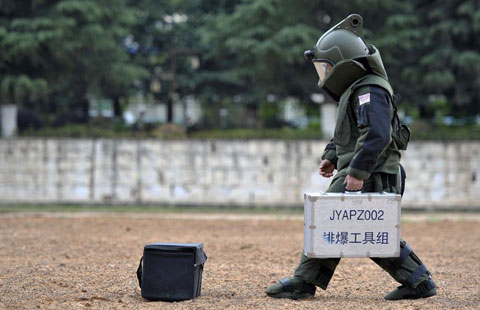
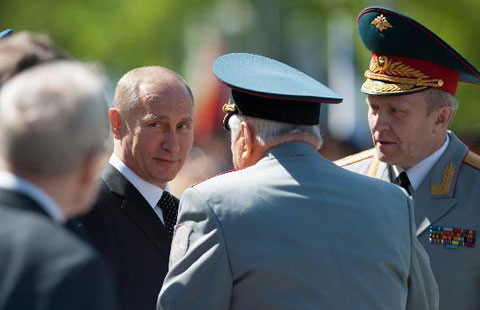
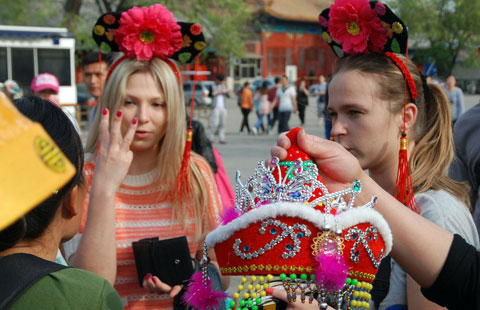
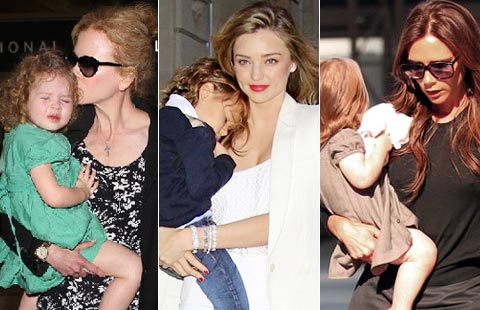
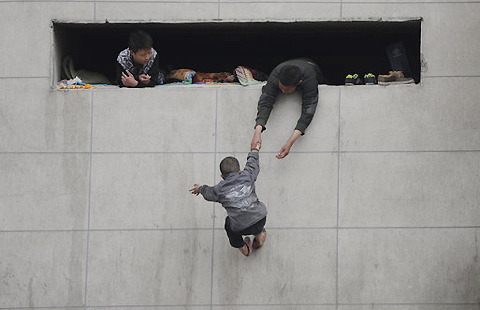
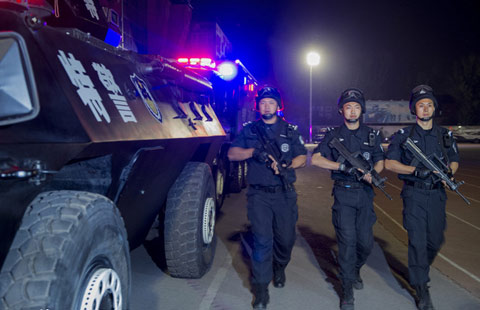



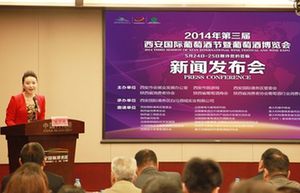
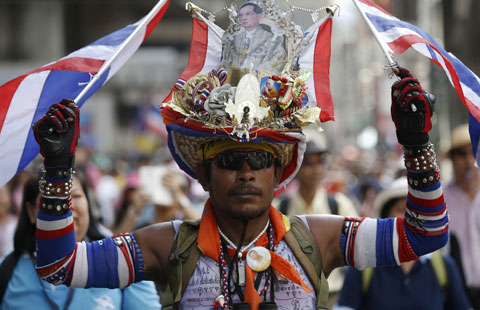
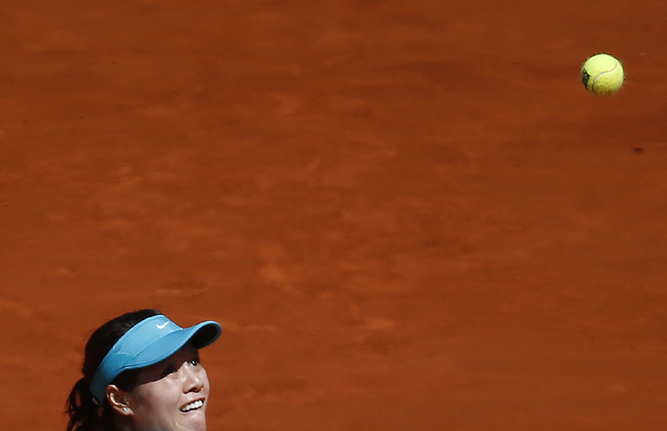
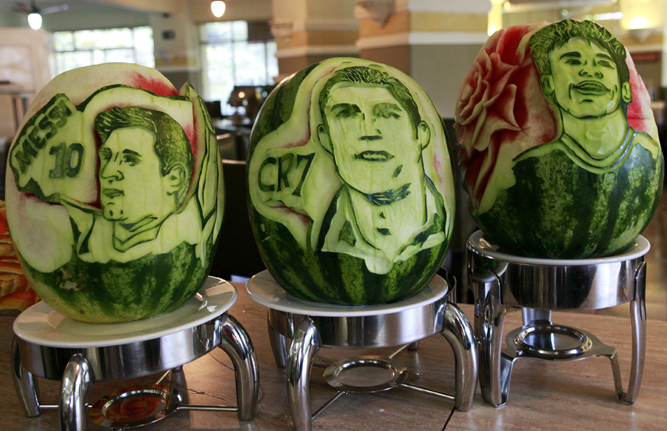




 Op Rana
Op Rana Berlin Fang
Berlin Fang Zhu Yuan
Zhu Yuan Huang Xiangyang
Huang Xiangyang Chen Weihua
Chen Weihua Liu Shinan
Liu Shinan